Stainless Steel Kitchen Cabinets
SS (stainless steel) kitchen cabinets are widely used in various settings, including commercial kitchens, modern homes, outdoor kitchens, and healthcare facilities. They can be designed in many finishes, like polished, brushed, No.4, textured, and powder coating. To select a suitable kitchen cabinet in stainless steel, many factors have to be considered, such as cost, design, the place to be used, weight, preference, or specific standards or regulations.
Categories
In modern home life, a variety of materials are usually used to match colors and soft furnishings to highlight the unique style and create a more vivid and comfortable home atmosphere. Compared with other materials, the unique hardness and appearance of stainless steel can actually stand out in the process of using space materials when individuality and trends are promoted.

Stainless Steel Bathroom Cabinets
Stainless steel bathroom cabinets are designed specifically for use in bathrooms, where moisture and humidity are common. Type 304 stainless steel with high corrosion-resistance becomes the most popular choice. Moreover, the cabinet surface can be special treatment, like powder coating finish, PVD coating finish, bead-blasted finish, embossed finish, mirror finish, etc. to meet the demands of various decoration themes. They can be designed with one-door or double-door, and always come with mirror cabinet and sink, giving a whole modern appearance.
More Details

Stainless Steel Frames
Nowadays stainless steel is widely used for furniture frames, creating a modern and sleek aesthetic while providing durability and stability. They are combined with other materials to meet the various themes. Due to high-corrosion resistance, it is popular for both indoor and outdoor applications, such as chairs, tables, bed frames, sofas and couches, office furniture, bars and stools, benches, outdoor furniture, etc. In some areas, like Arab area, Saudi, India, etc., stainless steel furniture become their first choice for home décor and commercial application both.
More Details
Applications of Stainless Steel Kitchen Cabinets
Stainless steel becomes more and more popular both for commercial kitchens and residential kitchens. Some other applications, like hospitals, clinics, food processing plants, and firehouse kitchens, stainless steel cabinets also can be found and installed because of specific characteristics.
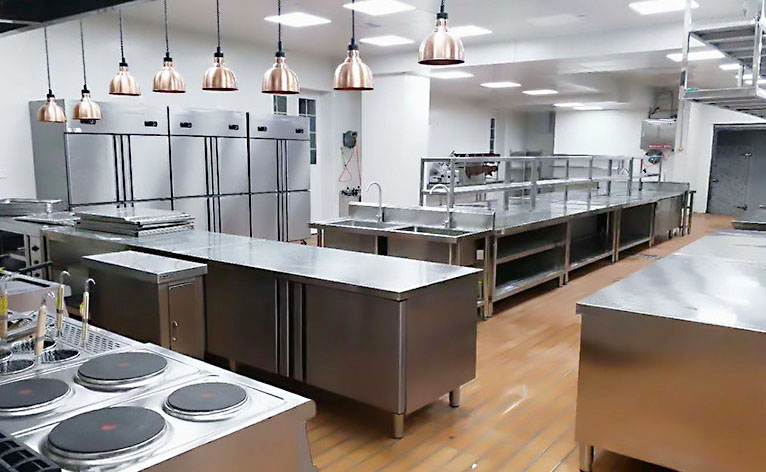 Commercial Kitchens
Commercial Kitchens
l Restaurants: In a busy restaurant kitchen where cabinets are subjected
to heavy use, moisture, and varying temperatures, stainless steel can withstand
the rigors of the environment. Hygiene, corrosion and heat resistance,
versatility make stainless steel as the first choice for commercial kitchens.
l Catering Facilities: The non-porous nature of stainless steel inhibits the growth of bacteria, ensuring a sanitary environment for food preparation and storage. Stainless steel cabinets have professional and clean aesthetic, and can be fabricated to specific design, which are important in catering where presentation and professionalism are key.
Residential Kitchens
l Modern Homes: The reflective
nature of stainless steel cabinets can make a kitchen appearance brighter and
more spacious, which is often desirable in modern homes with open floor plans
and a focus on natural light. SS kitchen cabinets with neutral color
complements shows flexibility in modern kitchen design.
l Outdoor Kitchens: SS cabinets are
highly resistant to the effects of weather, making it ideal for outdoor use.
And they are resistant to rust even the stainless steel surfaces are exposure
to rain and sunlight.
l Luxury Homes: Stainless steel kitchen cabinets can be incorporated into high-end residence because they convey a sense of high quality and luxury, contributing to an upscale ambiance in the kitchen.
Public
Institutions
l Schools and Universities: Stainless steel cabinets may be found in
school cafeterias and culinary classrooms. Hygiene is particularly important in
educational settings where a hygienic environment is crucial for the well-being
of students and staff. Stainless steel can be fabricated to meet specific
design requirements to fit the unique needs of educational spaces, like science
labs or areas.
l Hospitals and Clinics: In healthcare settings, where cabinets may
be subjected to frequent use, clean, and potential impacts, the surfaces in
stainless steel are smooth and easily wiped down, reducing the risk of
bacterial contamination and simplifying the cleaning process. This is important
in healthcare setting where cleanliness standards are stringent.
Specifications
for Stainless Steel Kitchen Cabinets
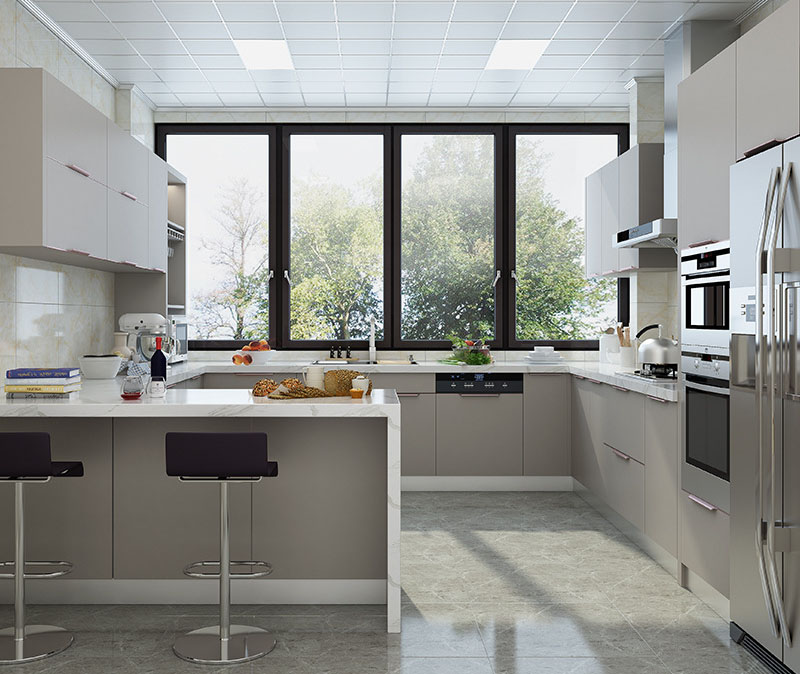 Type: Stainless steel
sheet
Type: Stainless steel
sheet
Standard: GB, ASTM,
JIS, DIN
Technique: Cold
rolled
SS Grade: 201,
304, 316
Finish: Polished,
Brushed, Satin, Textured, etc.
Edge: Mill or Slit
Thickness: 0.8-3mm
Width: Customized
Length: Customized
Application: Commercial
& Residential Kitchen
Packing: PVC film + waterproof paper + standard wooden package
Surface Finishes for Stainless Steel Kitchen Cabinets
Stainless steel kitchen cabinets can have various surface finishes, each offers different aesthetics, levels of reflectivity, etc.
Polished Finish
Polished finish cabinets are often used in contemporary and luxury kitchen designs where a glossy, upscale appearance is desired.
NO.4 Finish
No. 4 finish cabinets, similar to satin finish, become the most popular choice for kitchen cabinets in all different applications. It offers a compromise between a matte and polished finish.
Brushed
Finish
A brushed finish kitchen cabinet is commonly used in modern kitchens, commercial kitchens, with the resistance to fingerprints, scratches, and watermarks.
Powder
Coating Finish
Powder coating finish provides color options and adds an extra layer of protection to SS surface, which can be in matte or glossy appearance to meet the overall designs.
Textured
finish
Textured finish cabinets
are used in contemporary and industrial designs, where a unique and tactile
element to the cabinets is required.

FAQ (frequently
asked questions)
1- What’s The Difference of Stainless Steel
Kitchen Cabinets and Laminated Kitchen Cabinets?
These two types of
kitchen cabinets are with distinct characteristics and applications.
Material:
l Stainless Steel Kitchen Cabinets: As the name suggests, it is made of
stainless steel only, which is with corrosion and scratch resistance.
l Laminated Kitchen Cabinets: They have got a base material as particleboard or MDF that is covered with a layer of laminate to decorative outer surface of the cabinet, which offers a wide range of design possibilities, can come in different color, patterns, and textures.
Application:
l Stainless Steel Kitchen Cabinets: It is widely used in commercial kitchens,
such as restaurants, hotels, and catering facilities due to durability,
corrosion resistance, and ease of cleaning. It’s also well-suited for
residential and outdoor kitchens.
l Laminated Kitchen Cabinets: They are often chosen for residential kitchens due to a cost-effective alternative to solid wood cabinets. Moreover, they come in a wide range of designs and can mimic the appearance of natural materials such as wood, stones, or metal, allowing homeowners to choose a style that complements their kitchen décor.
Maintenance:
l Stainless Steel Kitchen Cabinets: They are relatively easy to maintain and
clean. Regular wiping with a damp cloth is sufficient.
l Laminated Kitchen Cabinets: Laminates are also easy to clean, but care should be taken to avoid abrasive cleaners.
Cost:
l Stainless Steel Kitchen Cabinets: Generally, kitchen cabinets by stainless
steel tend to be more expensive than laminated cabinets. And it depends on the
thickness of stainless-steel sheets and the finishes.
l Laminated Kitchen Cabinets: Laminated cabinets are often cost-effective
compared to stainless steel. It depends both on underlying material and
laminating layer materials.
2- Which Material Is Better for Kitchen
Cabinets, Stainless Steel or Aluminum?
Both stainless steel and aluminum
have their advantages and considerations when it comes to kitchen applications.
To choose a proper material for kitchen cabinets, various factors, including
preferences, budget, overall design goals, or intended use, should be under
consideration.
Stainless Steel Kitchen
Cabinets
² Durability: It is known for its durability and resistance to
corrosion
² Aesthetic Appeal: It has a sleek and modern appearance,
which can complement contemporary kitchen designs.
² Hygienic Properties: Stainless steel cabinets are non-porous,
easy to clean and maintain, which becomes a hygienic choice for kitchens.
² Heat Resistance: It is highly resistant to heat, or
high-temperature, which is an important consideration in kitchen settings.
² Cost: Stainless steel kitchen cabinets tend to be more
expensive than some other materials, like aluminum, or laminated cabinets.
Aluminum Kitchen Cabinets:
² Lightweight: Aluminum cabinets are lighter than SS cabinets,
making it a good option for those who prefer lightweight cabinets.
² Corrosion Resistance: Similar to stainless steel, aluminum is
also corrosion-resistance.
² Customization: Aluminum
can be easily molded and shaped, providing for greater design flexibility. This
makes it suitable for customized cabinet designs.
² Cost: Compared to stainless steel cabinets, aluminum
cabinets are more economic, which is well-suited for those who has budget limitation.
3- Is A Kitchen Cabinet Made of Stainless
Steel Very Costly?
Yes, compare to laminated or
aluminum cabinets, SS cabinet is relatively expensive, but not to all material,
like solid wood. Apart from the material cost, another expense comes during
transportation or shipping because of weight. While we make a selection for
kitchen cabinet, we need to consider other important factors rather than cost,
like where to use, and design theme to be presented, etc.
Surface Finishes
Stainless steel kitchen cabinets can have various surface finishes, each offers different aesthetics, levels of reflectivity, etc.
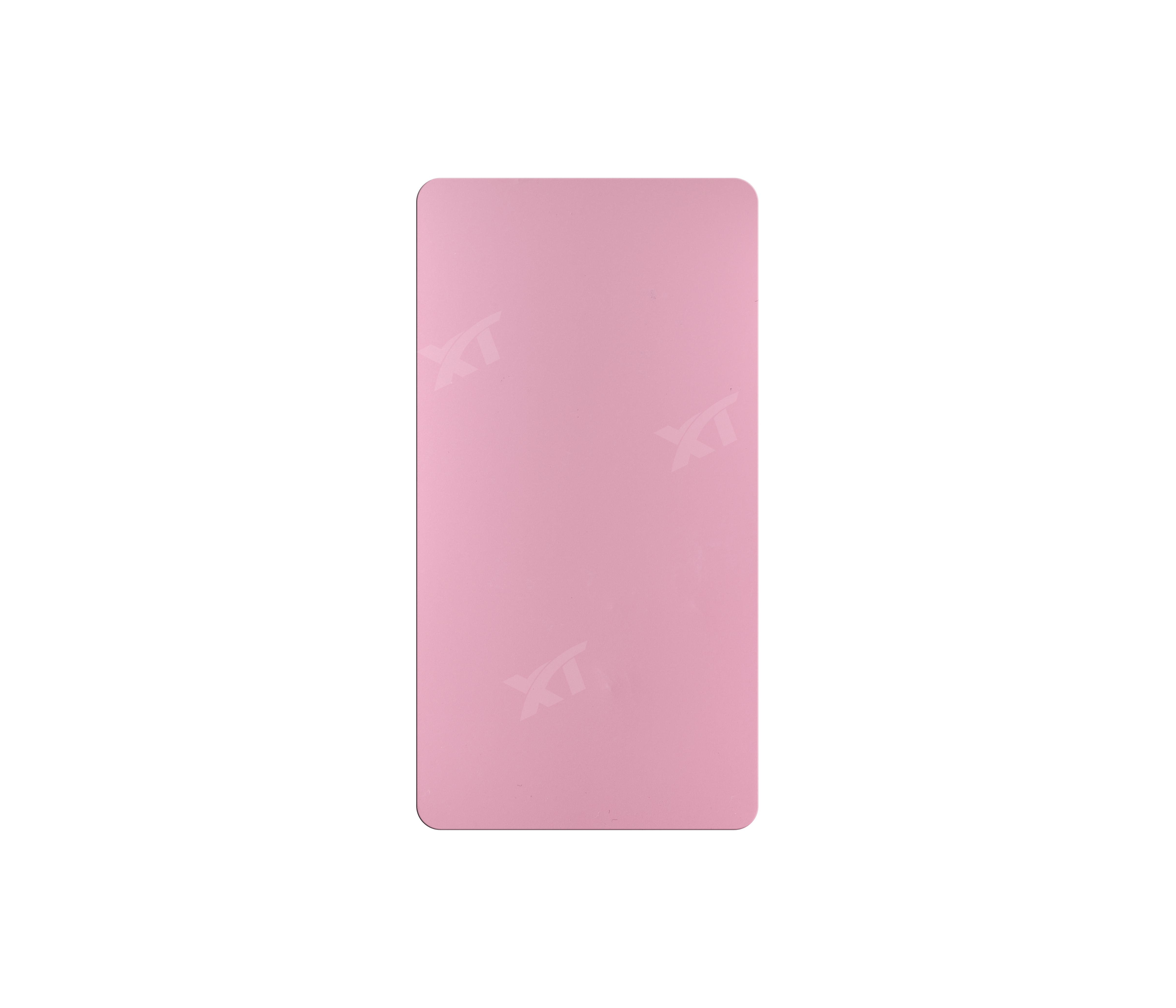
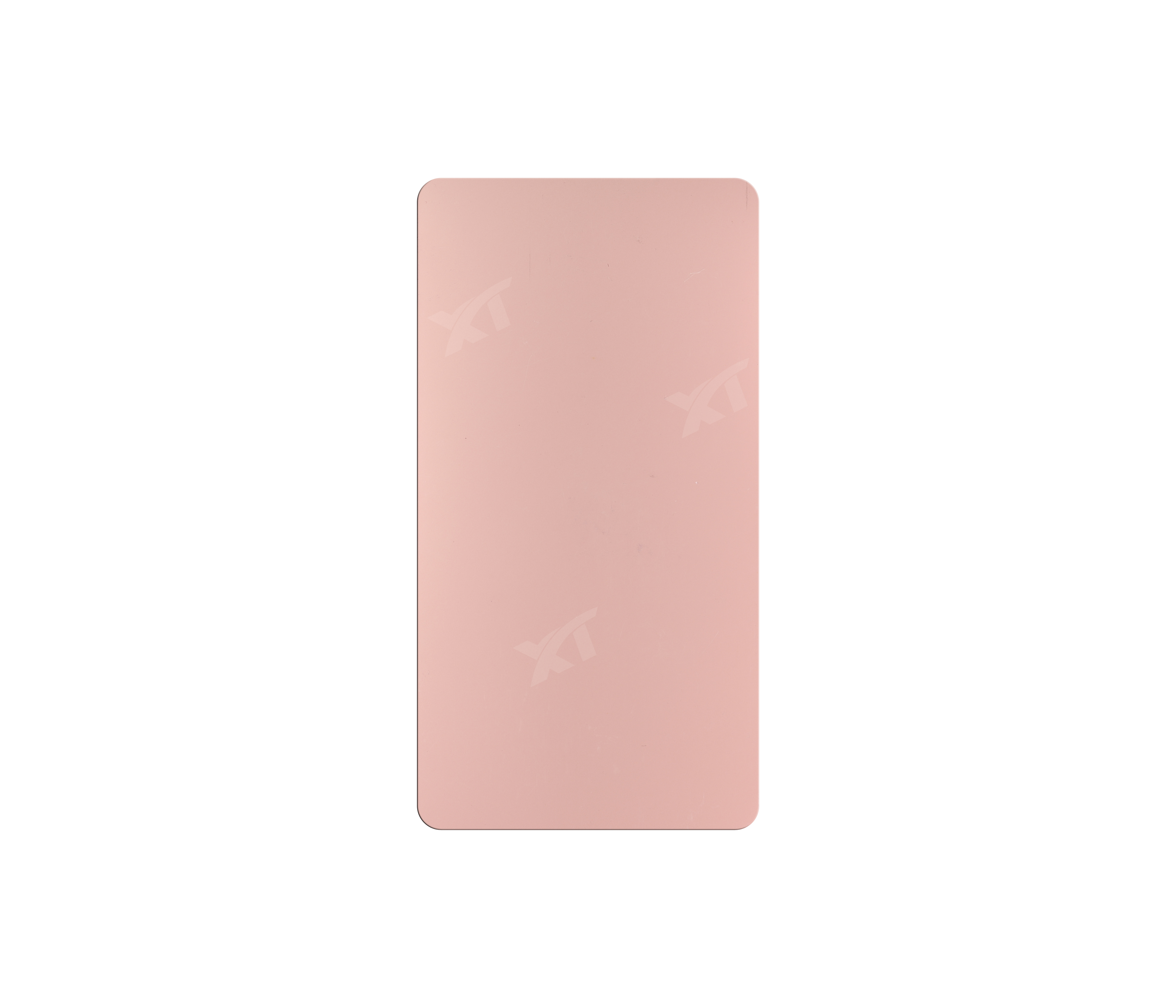
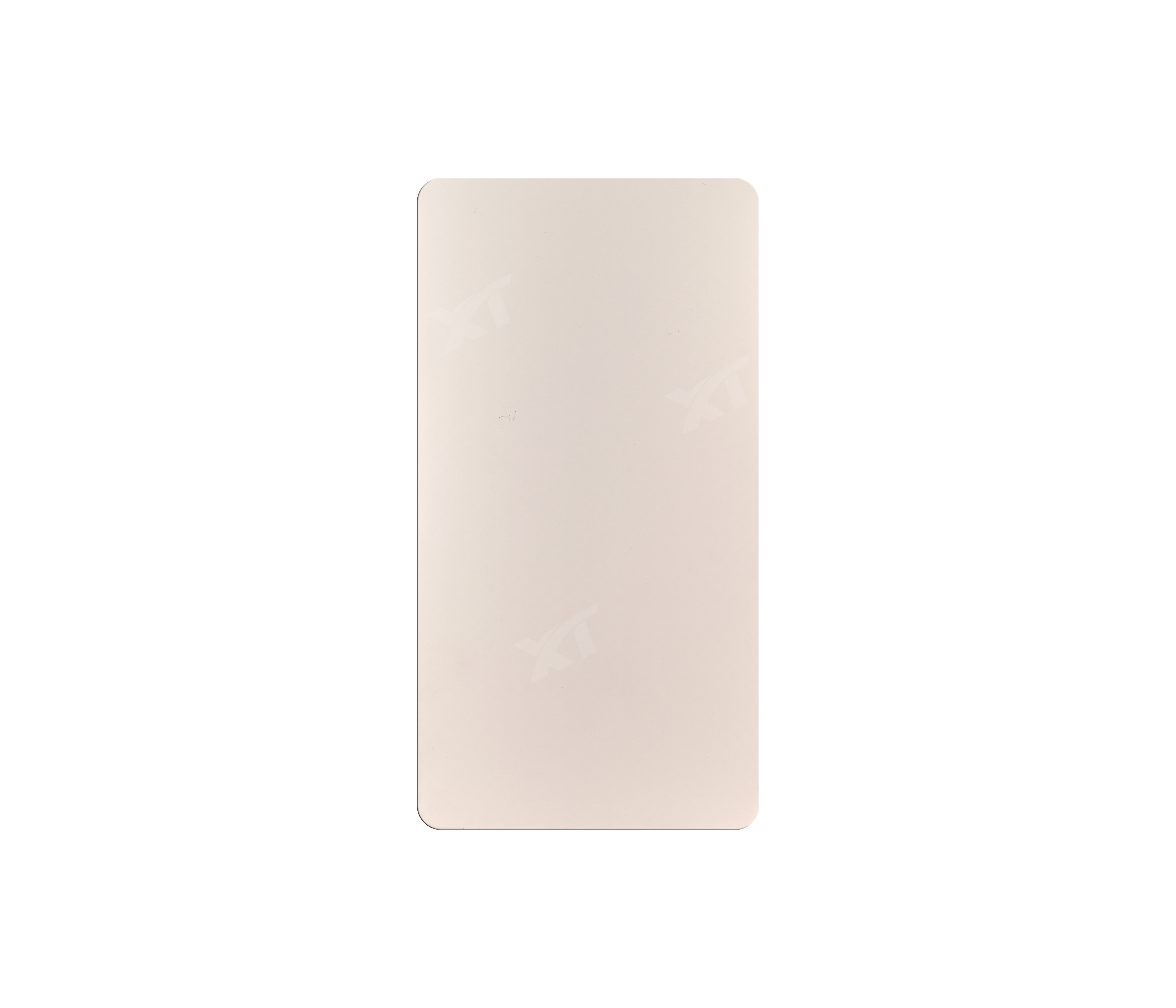
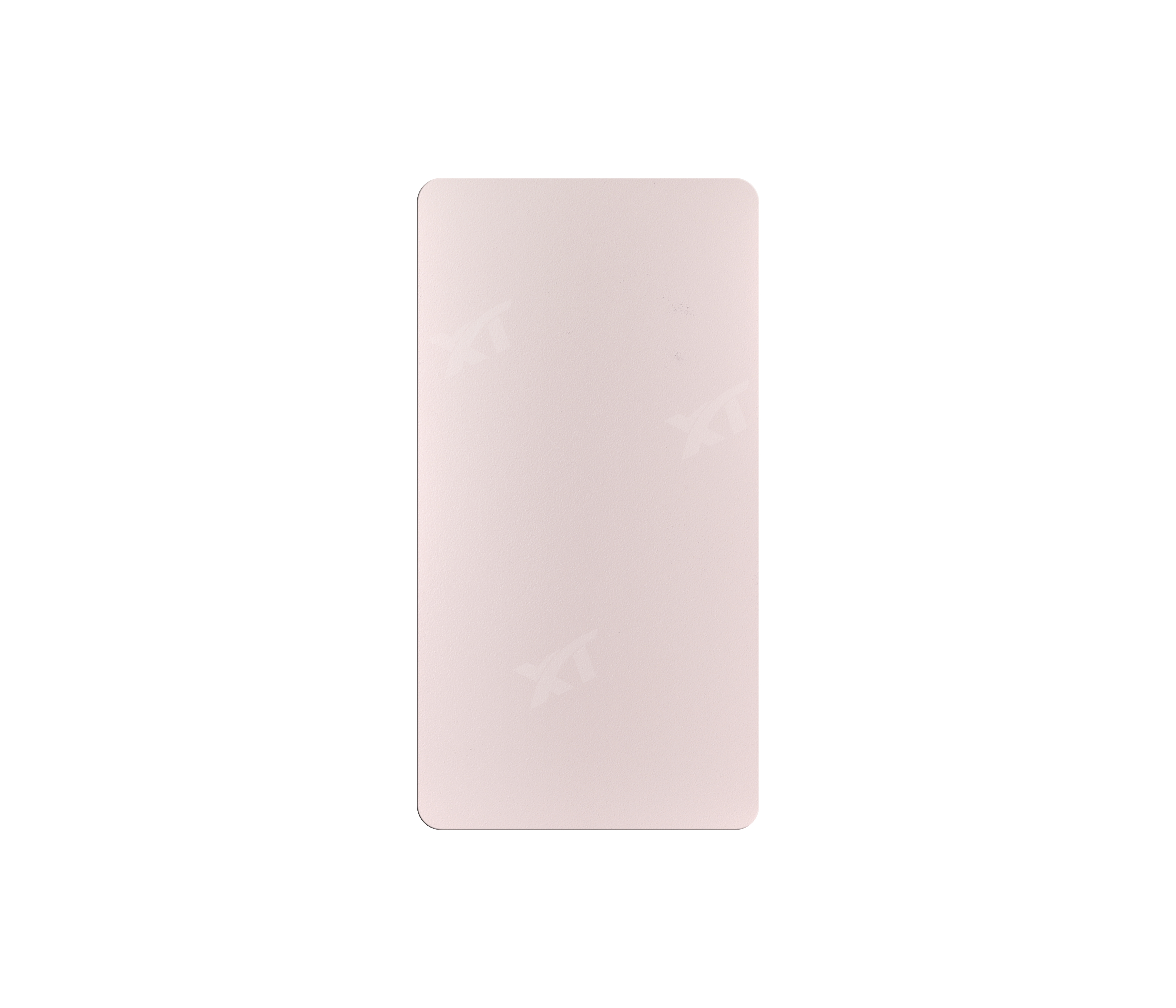
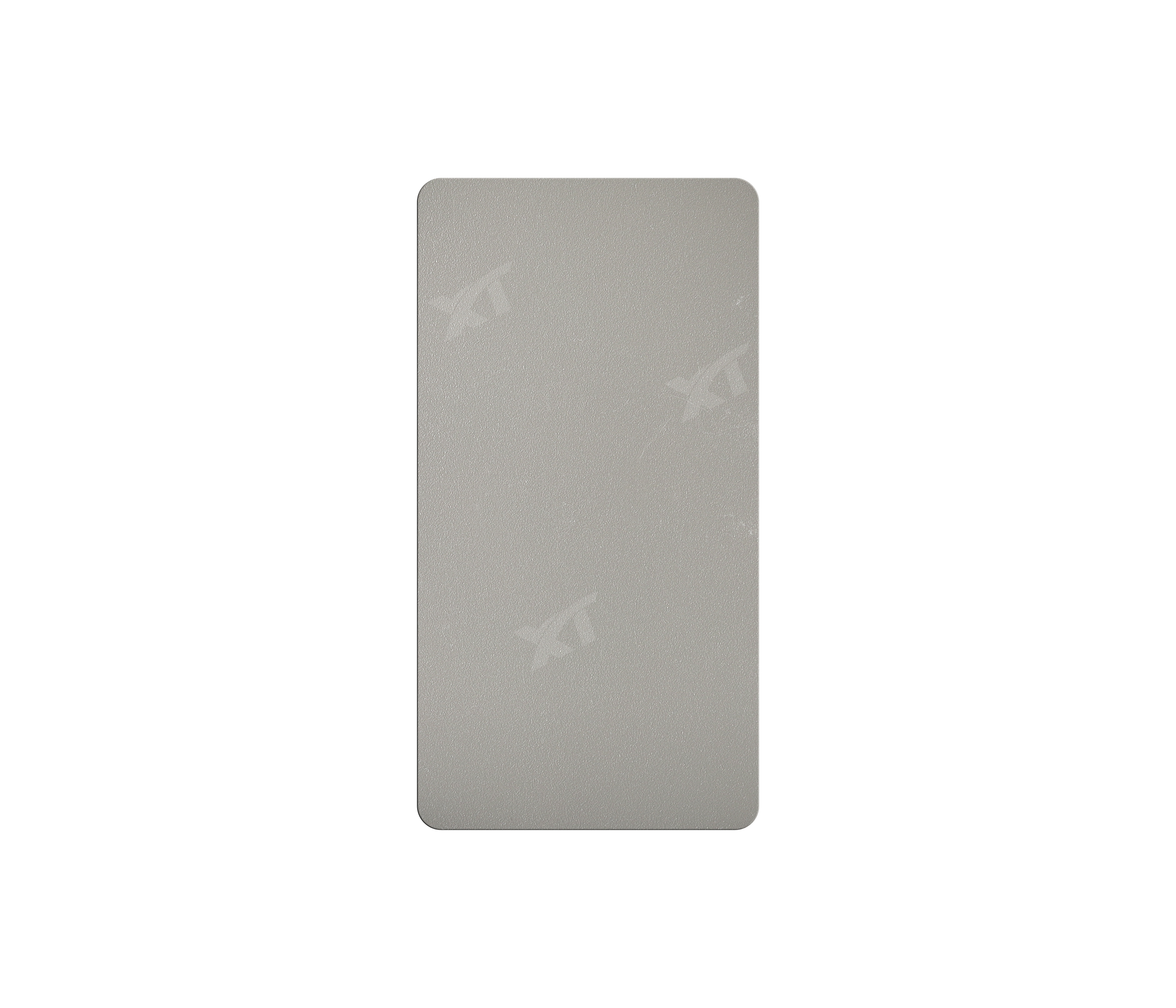
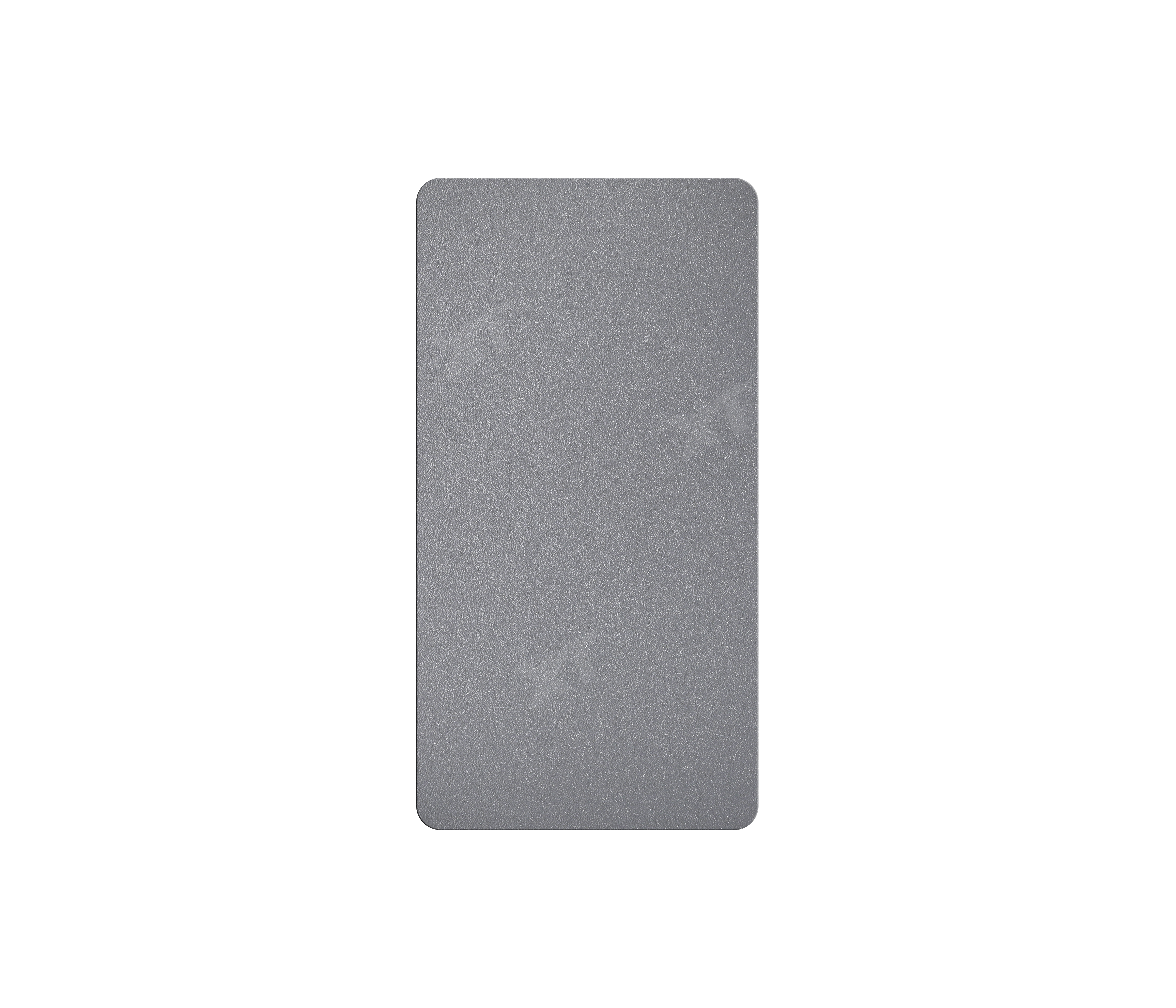
Latest Posts
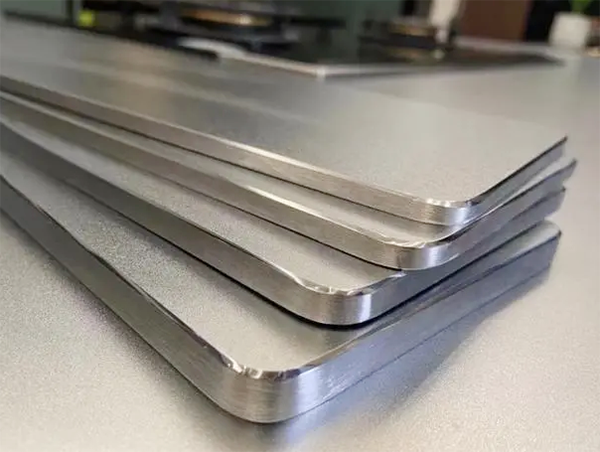
Why Are More And More People Installing Stainless Steel Countertops?
If you rarely cook and the kitchen is more of a show space for you, then you may only need to focus on whether the countertops meet your aesthetic standards and overall decoration style. If you are a cooking enthusiast
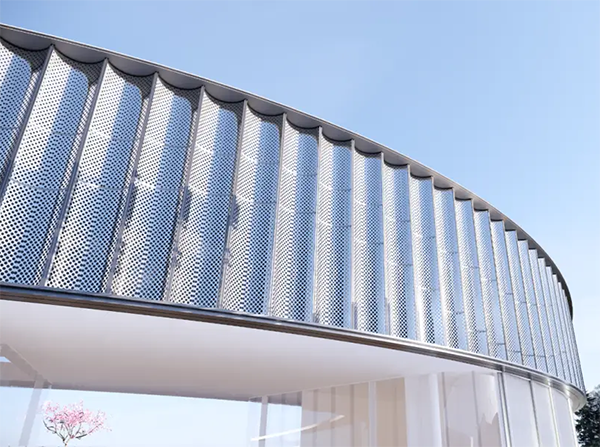
What is Perforated Sheet? How Important Does Perforated Sheet Play Role In Decor
A perforated sheet is a metal sheet that has been punctured with a series of holes in a pattern. These holes can vary in size, shape, and distribution, depending on the intended application. Perforated sheets are commonl
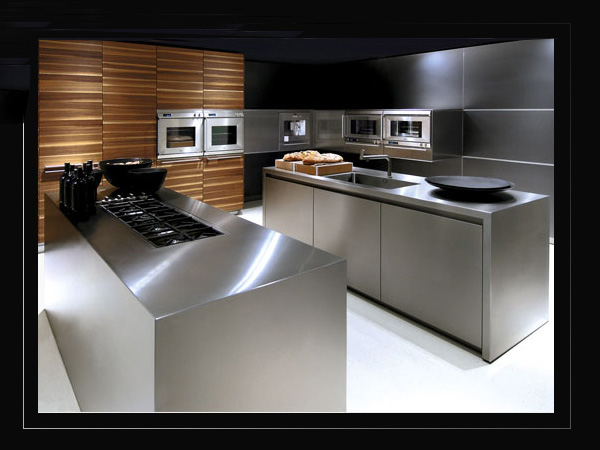
2024 Trend of Overall Stainless Steel Kitchen Cabinets
The latest report released by the National Kitchen and Bathroom Association (NKBA) provides a detailed overview of the cutting-edge trends in kitchen design in 2024. According to NKBA's research, the minimalist design co
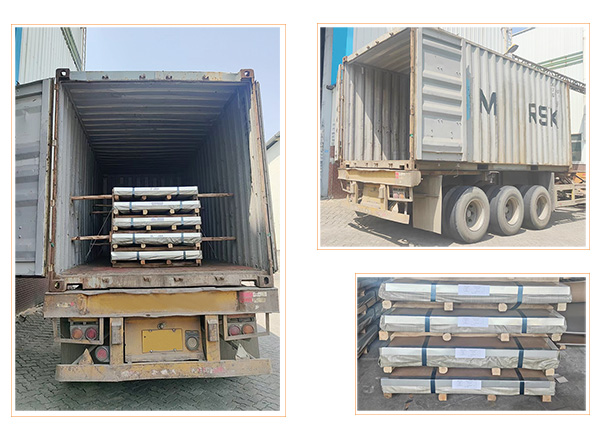
Export Stainless Steel Sheets To Bangladesh
Export 201 Hot-Rolled Stainless Steel Sheets, Cold-Rolled Stainless Steel Sheets, 8K Mirror Finish Stainless Steel Sheets to Bangladesh.



